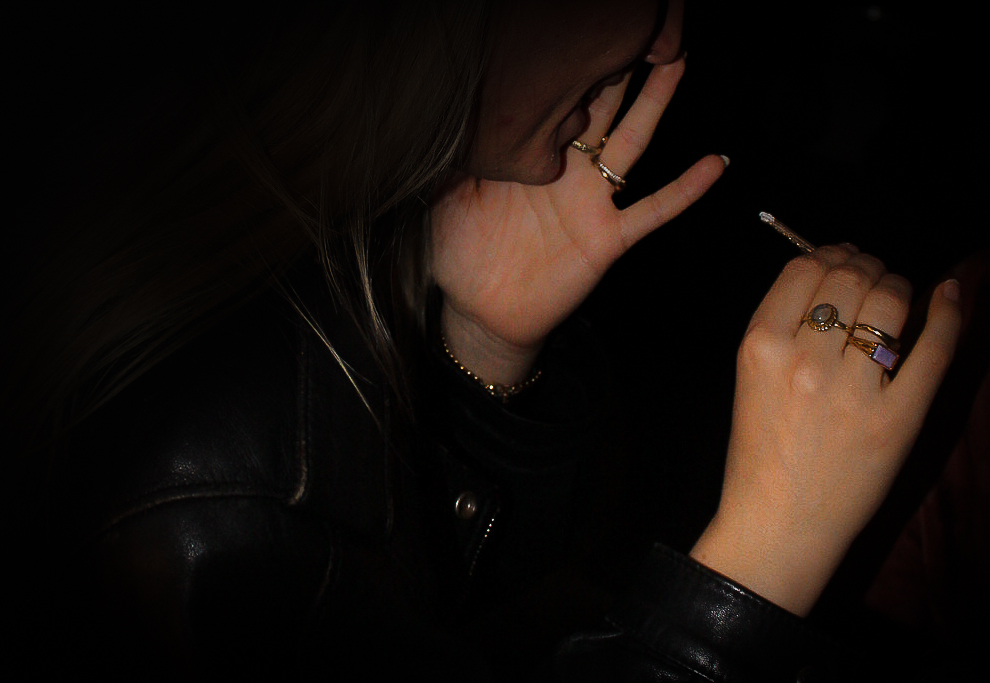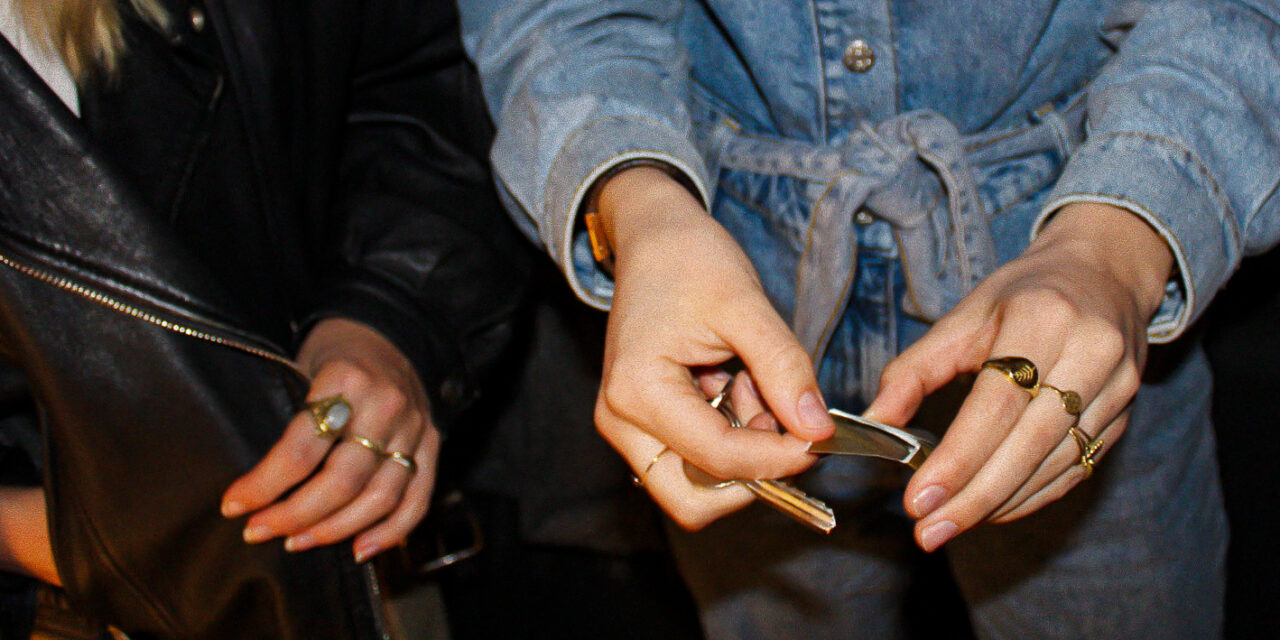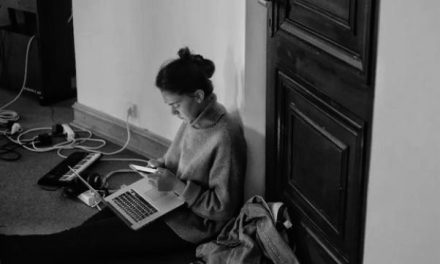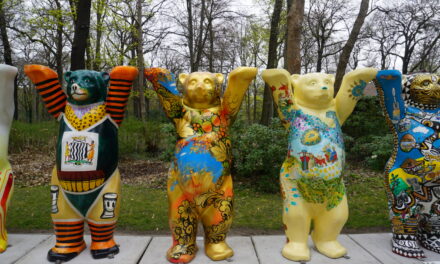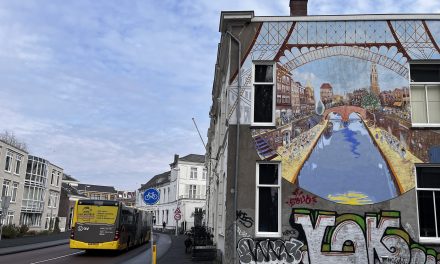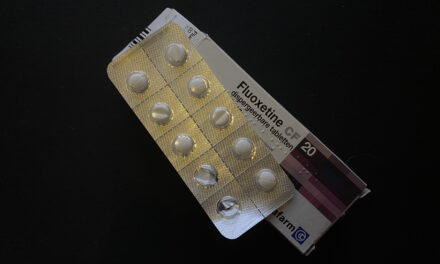Smoking a joint, while walking along the canals of the red-light district or taking an XTC-pill at Amsterdam Dance Event. It’s one of the main reason tourists like to visit Amsterdam. The Netherlands is known for not being averse to drug use. But to what does it owe this reputation? More importantly, is it even true?
The current Dutch drugs culture is embedded in a long history of liberal ideas about the use of drugs and has been reinforced by media narratives and loose drugs policies.
During the 17th century The Dutch East India Company secured firm control over the global opium trade. Many of the canal mansions were even financed by what nowadays we call ‘drugs money’. Cocaine, like tobacco, used to be normal for medical purposes. In 1900, The Dutch Cocaine Fabric was established. Due to this, it’s contribution to world trade was about 70 percent. The production of cocaine did not become illegal until the 1960s.
When it comes to trade in synthetic drugs, the Netherlands has been an absolute leader for years. At the end of the 80’s a new music style entered the Netherlands: House/Dance. This electronic music went hand in hand with the new drugs: MDMA. This party drug was sold on the black market under the name ‘ecstasy’ or ‘XTC’. Anthropologist and criminologist Thomas Martinelli thinks that this led to the stigmatization: “The Netherlands was the only country that had different drug laws compared to the rest of the world. We considered drugs more as a health problem than a criminal issue.” Drugs were not banned until relatively late (1988). This allowed producers to gain a leading position on the pill and powder market.
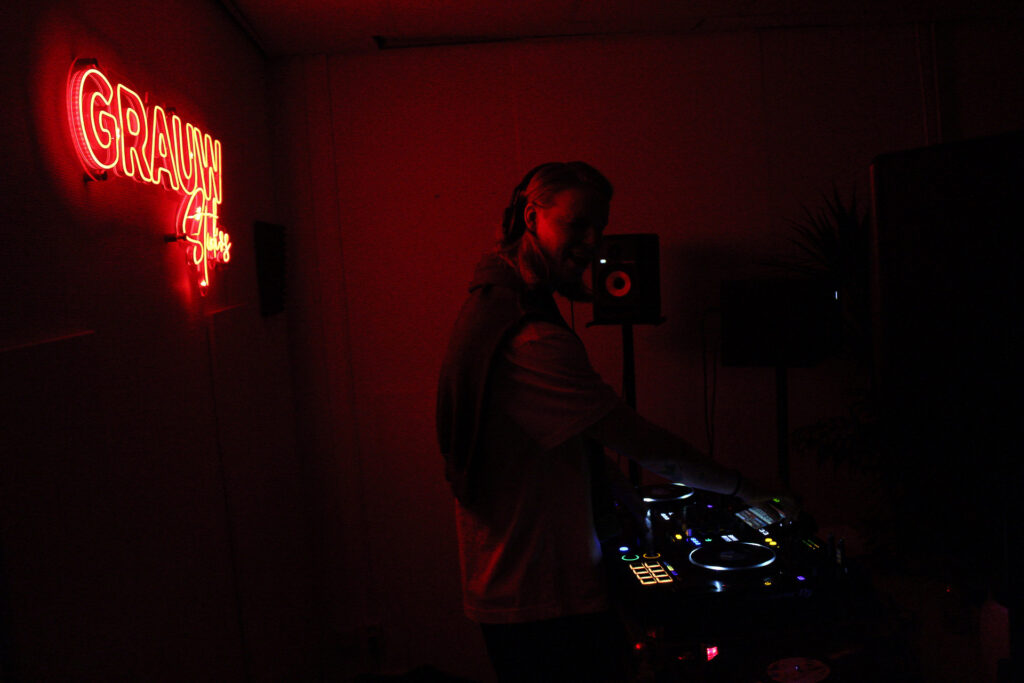
The Netherlands also stands (far) out above other European countries in the percentage of adults who used ecstasy in the past year. In 2019, approximately 3.5 percent of the population reported to using ecstasy. For the United Kingdom this is 1,4%. Mick (24) is a student who also uses recreational drugs. “I was 18 when I used Ecstasy for the first time at a festival. At those kinds of festivals, it was the norm to use drugs. You could see it everywhere around you and everyone talks openly about it. Partying is more beautiful, more pleasant, the music is more intense. I really liked it. For me, however, it did have an unpleasant after-effect. I suffered from nausea. So, I stopped using it after a couple of years.”
According to Martinelli most Dutch drug users are well educated about the topic if you compare it to other countries. “Young people know where to get information and do their research. They know what they can and cannot do. The fact that it is very normal to talk about it, has actually been something that the Dutch drug policy was focused on. It was one of the pillars to protect people. People had to feel that they could talk openly about it and obtain reliable information, in order to keep the users safe. The fact that young people now talk about it and come forward can be seen as a positive effect of the policy.”
High humans, a platform that gives the individual the ability to be open and honest about (recreational) drug use agrees that an open dialogue is the best way to handle the drugs issue. “Our goal is to move towards: “We know that everyone wants to use it, so let’s inform them, educate them and teach them how to use it as safe as possible. That is the only way to get a healthy understanding to drugs, according to Jochem Jannsen, CEO of the platform.
The tolerant drug policy that Martinelli is talking about refers to the harm-reduction measures. These measures include special facilities such as drug testing locations, signposting, advice and cessation support from the health care sector and education. This was motivated by the idea that a drug-free Dutch society is unrealistic and unattainable, and efforts would be better spent trying to minimize harm caused by recreational drug use.
This pragmatic approach is criticized by other countries. Because of this pressure, the Netherlands is becoming stricter in its drug policy. More and more coffee shops are closing down and the penalties for trafficking and production are getting tougher. But it is questionable whether this has a positive effect.
Martinelli doesn’t think that tougher actions will be the solution for ‘the war on drugs’. “The strict measures also cause problems for people, especially addicts. They have no choice but to buy their drugs in the criminal circuit. If you don’t have that choice, you will always have crime. We need to find a golden mean. You could maybe look at which substances are dangerous or which we consider to be high risks. Based on research, you might be able to say that we can be more relaxed about some of these substances and perhaps offer some of them legally in a regulated way.”
You can conclude that the Netherlands is quite tolerant towards drugs, but for good reasons. It will be an endless discussion that will last for years to come. The bigger question we need to ask ourselves is: Is regulating better than banning to solve the war on drugs? Or is the Dutch approach the way to go?
